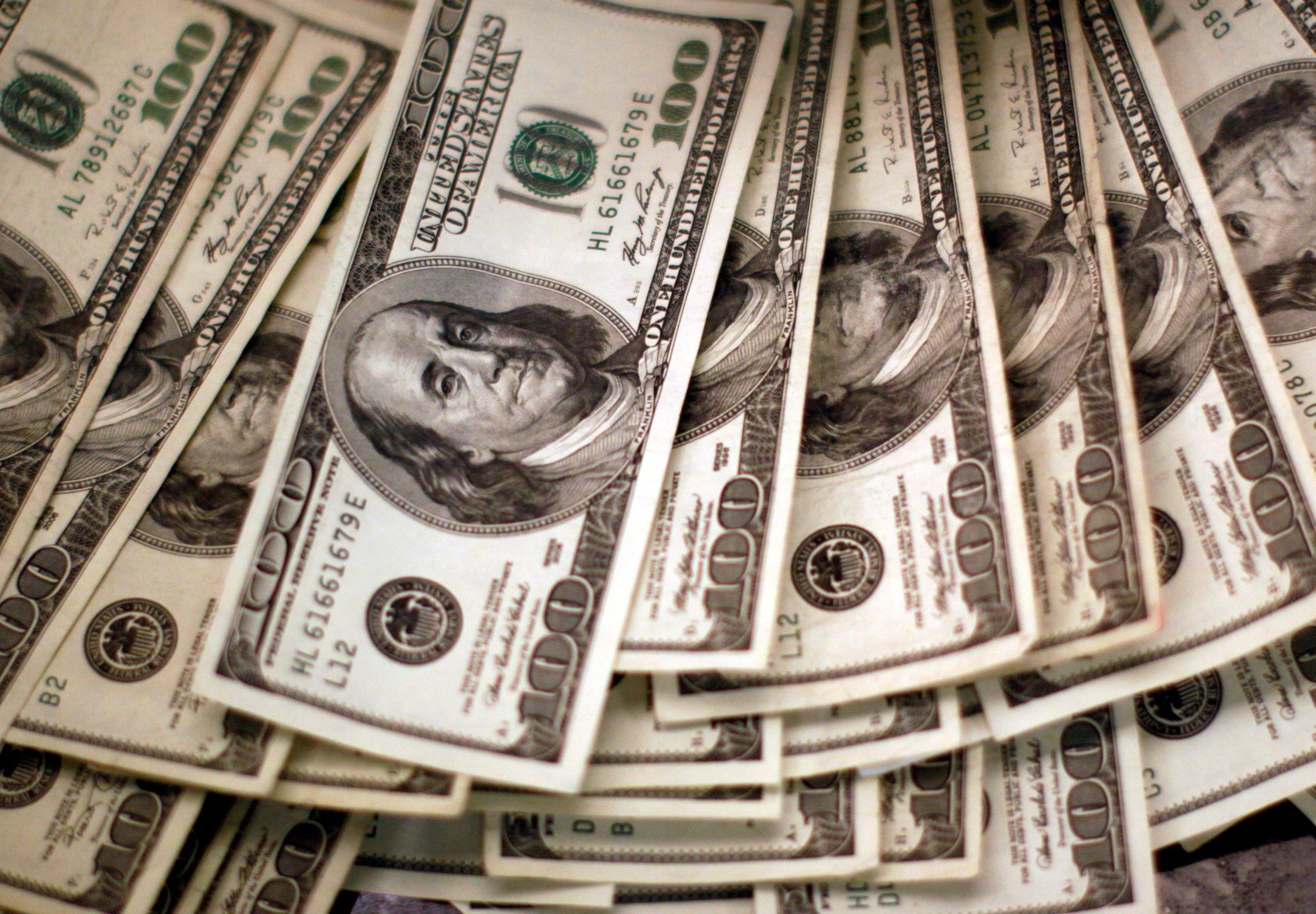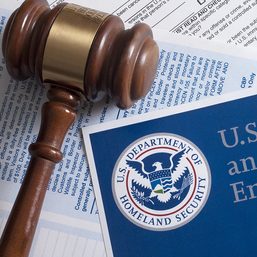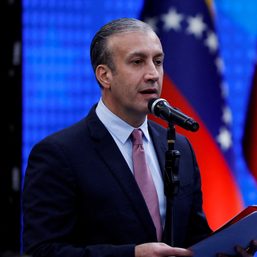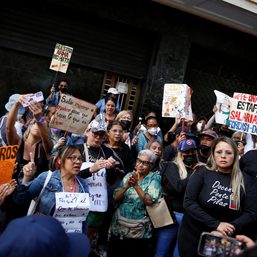SUMMARY
This is AI generated summarization, which may have errors. For context, always refer to the full article.

Venezuelan companies that are holding cash in dollars to protect themselves from hyperinflation have started paying as much as 7% to have those funds transferred into overseas bank accounts, according to six people with knowledge of the situation.
The country’s banks since 2020 have allowed firms to store dollars in vaults, offering shelter from the 3,100% inflation ravaging the bolivar currency. The accounts do not pay interest.
This year, banks and financial intermediaries began offering a service that converts cash into deposits in foreign bank accounts, in exchange for fees ranging from 4% to 7% of the amount being transferred, the sources said.
It is another sign of the continued advance of an improvised dollarization following more than 15 years of socialist economic controls, a change driven by US sanctions that have largely cut Venezuela off from the global financial system.
The sanctions bar doing business with the government and state-owned companies but do not block transactions with private Venezuelan firms.
“When you have an incomplete dollarization of the banking system, you need to look for ways to keep your company operative,” said one of the sources.
The service allows companies in the retail, technology, and pharmaceutical sectors to pay creditors and providers abroad, according to the sources, who asked not to be identified.
The sources declined to identify the banks and companies that carry out the operations or the foreign institutions where deposits are made, noting that international banks already maintain tight restrictions on the flow of Venezuelan funds.
The information ministry, the central bank, and bank regulator Sudeban did not reply to requests for comment.
The unusual service has emerged after US sanctions specifically targeted Venezuela’s central bank, and many foreign banks have halted “correspondent banking” services that are usually required to move funds across borders.
Venezuelans are also increasingly using dollars and euros in cash for day-to-day transactions.
As of March, 56% of transactions were carried out using dollar or euro bills, according to consultancy Ecoanalitica, which estimates that a total of $2.3 billion in cash circulates in Venezuela’s economy.
President Nicolas Maduro in 2019 wound down restrictions in the wake of US sanctions on state oil company PDVSA in early 2019, cutting off cash flow to the government. Washington labels Maduro a dictator who rigged his 2018 reelection.
Maduro, who accuses the United States of seeking to oust him in a coup, has embraced dollarization as an “escape valve” for Venezuelans suffering from the economic crisis, which he blames on sanctions, even though Venezuela’s recession started long before Washington sanctioned PDVSA. – Rappler.com
Add a comment
How does this make you feel?





There are no comments yet. Add your comment to start the conversation.